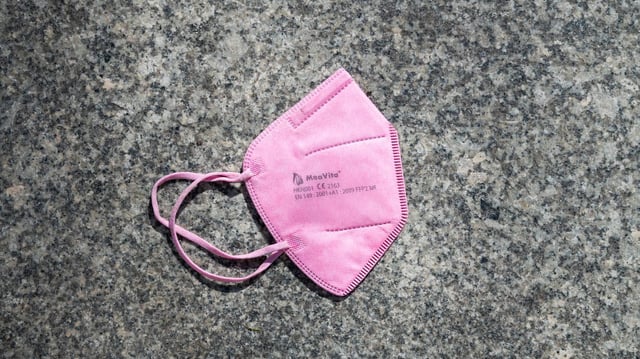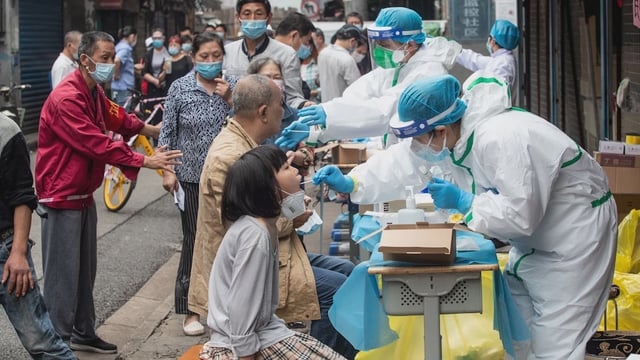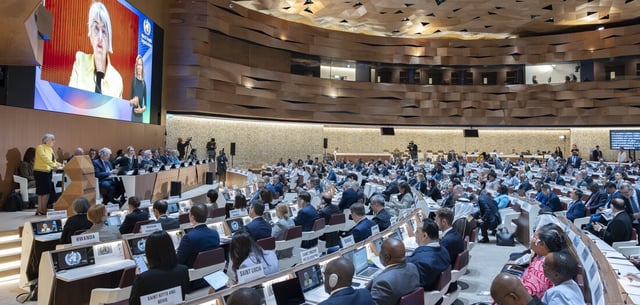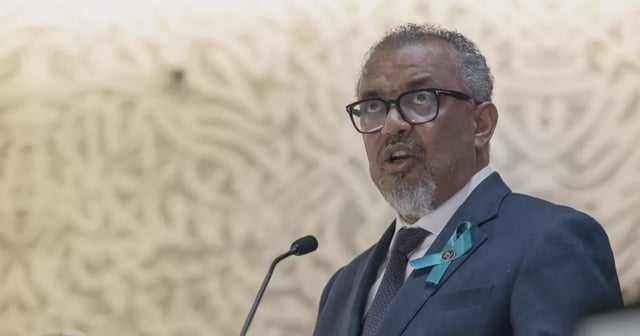Overview
- 124 WHO member states approved the pandemic preparedness treaty after three years of negotiations, with no opposing votes and 11 abstentions.
- The treaty emphasizes rapid sharing of pathogen data, equitable vaccine distribution, and technology transfer to address global health disparities.
- Annex negotiations on pathogen sharing mechanisms are expected to take at least another year, delaying the treaty's implementation until ratified by 60 countries.
- The U.S. withdrawal from the WHO, effective January 2026, creates an 18–20% funding shortfall, forcing budget cuts, staff layoffs, and jeopardizing health programs in conflict zones.
- Critics, including Médecins Sans Frontières, argue the treaty's voluntary provisions lack enforceability, raising concerns about its effectiveness in future pandemics.



